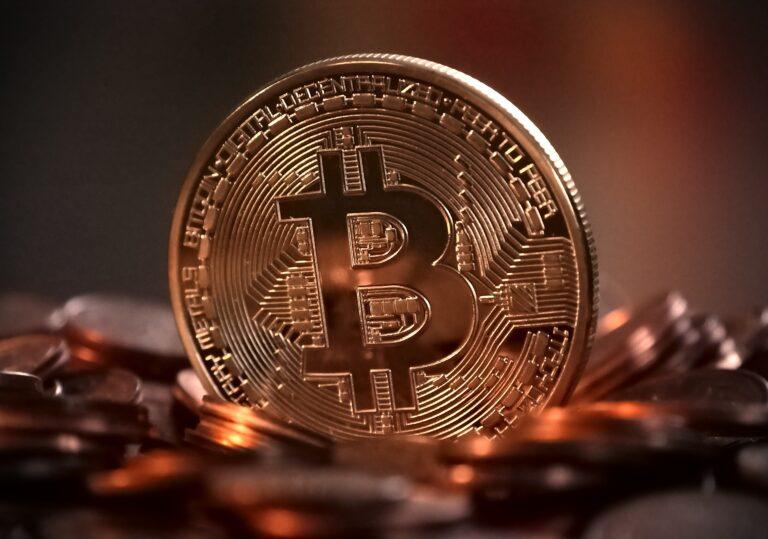Anthony Pompliano, co-founder and partner at Morgan Creek Digital Assets, believes that expected monetary easing by the European Central Bank (ECB) will be “rocket fuel” for bitcoin.
The financial press has reported widely on recent dovish comments by ECB president Mario Draghi in the face of a slowing eurozone economy and weak inflationary signals.
Although the central bank left its main policy settings on hold at this week’s meeting of the Governing Council,Draghi's speech and press conference later was seen as dovish.
Underlining the need to keep an accommodative policy stance to bring inflation levels back towards its 2% target level, he said the ECB “stands ready to adjust all of its instruments, as appropriate”. This would include cuts to its key interest rates and a new package of asset purchases.
Pompliano responded on Twitter: “ROCKET FUEL: They’re going to cut rates and print money right as we march towards the Bitcoin halving. Buckle up. This will be wild.”
ROCKET FUEL: They’re going to cut rates and print money right as we march towards the Bitcoin halving.
Buckle up. This will be wild 🚀 pic.twitter.com/QotDXKTJRj
— Pomp 🌪 (@APompliano) July 25, 2019
Battle of the Doves
It could well be wild. The ECB is not the only central bank to be making dovish overtures: indeed, 22 central banks – including those of Australia, New Zealand and Russia – have already cut interest rates in this year.
And with the US Federal Reserve – under pressure from President Trump – also adopting a monetary easing stance, the global policy outlook is looking likely to become a battle of the doves.
Add to this the growing political and geopolitical concerns surrounding Britain’s exit from the European Union and an escalating trade war between the US and China, and the politico-economic backdrop darkens further.
Turbulent Markets
Markets, therefore, can expect some turbulence during the coming months. But is a period of economic and political uncertainty and market volatility necessarily going to drive investors to bitcoin?
Ana Bencic, founder and chief executive of US exchange NextHash, agrees with Pompliano. In a press release sent to CryptoGlobe, Bencic said:
The pound and euro have fluctuated in value in correlation with major political events happening within the EU and the UK. Traditional currencies, by their nature of being linked to a central bank, can be influenced by the political situation within the country. Because of the fixed and established inflation rates and supply sources of cryptocurrencies, they are not subject to the same inflation has been witnessed with traditional currencies.
Bitcoin Halving
Pompliano alluded also to the upcoming bitcoin halving in 2020. This is a process that happens every time 210,000 blocks of bitcoin are mined – roughly every four years: the reward for mining each block is halved to help slow block production and maintain the value of the cryptocurrency.
In its way, it is similar to how a central bank manipulates interest rates to keep control of inflation.
In the past halvings – the last one in July 2016 – there was a year, or so, lag before the price surged. In December 2017, bitcoin hit its record high close to $20,000.
Pompliano believes the next halving will have a similar impact, and when you add on suspected rate cuts and asset purchases by the ECB during 2020, the cryptoasset manager has forecast the price of bitcoin to put its previous record in the shade and rise as high as $100,000.









